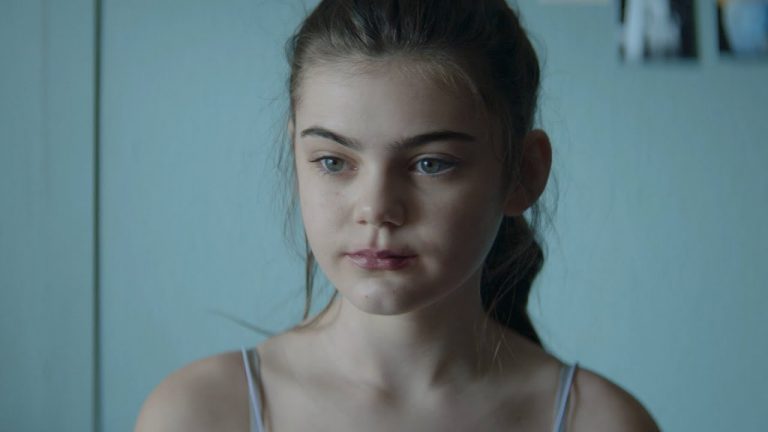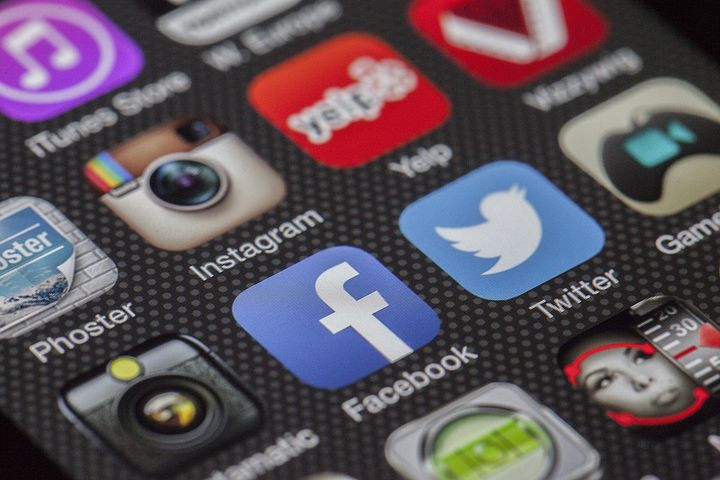If You Still Believe Social Media Isn’t Harming Our Kids, Think Again!

If You Still Believe Social Media Isn’t Harming Our Kids, Think Again!
Experts say kids today are growing up with more anxiety and less self esteem than ever before. And while many factors contribute to this, it’s the use of social media that is doing the most harm.
More than ever our children are dependant on their devices and often spend hours staring into their screens lost in a cyber world they may not be ready to handle. A world of selfies, filters and cyber bullying. A world where you are judged by the number of likes and comments your photo receives. Where you are open to critique from total strangers. People who know nothing about you yet feel entitled to comment on your appearance and lifestyle. You’re too fat. Too skinny. Party too much. Not enough. It’s relentless and our kids are finding it harder to deal with. They are losing the ability to communicate with each other IRL (in real life). They have more anxiety about their looks and body image. They are suffering from depression more than ever before. And all studies point to the increase in social media use as the main culprit.
Our kids are feeling the pressure to be available 24/7 on social media. They feel the need to stay connected and accountable to their friends. A report by Common Sense Media found that 75 percent of teenagers have social media profiles. It also noted that:
- 51 percent of teens visit social networking sites on a daily basis
- More than a third of teens visit their main social networking site several times a day.
- 1 in 4 teens is a heavy social media user, using at least two different types of social media each day.
How can this not have a negative effect on our children? How can this not mess with their self esteem? When young boys and girls are seeing images daily of highly filtered celebrities. How can they possibly compete with a filter? They will never look like that themselves. And in fact, celebrities don’t even look like ‘themselves’ in real life either.

Instagram especially can wreak havoc on teen brains. They look at someone else’s photos and dwell on what they have or experienced, that they themselves have not. And because people tend to post only the positive things that they experience, it can appear to the teen that other people lead more exciting lives than they do.
What some kids (and adults) do not realise is that people tend to only post their “highlight reel” on social media and often keep the mundane or difficult experiences off the Internet. As a result, another person’s life may look perfect online, but offline they have struggles just like anyone else.
So kids will play the comparison game to their detriment. They start thinking that everyone is happier or better off than they are. As a result, this can lead to depression, loneliness, anger, and a variety of other issues.
What’s more, this feeling can often lead to bullying. Many mean girls target others because they are jealous of the target’s clothes, boyfriend, successes, or any number of other things. What they don’t realise is that half of that isn’t even true.
Beauty company, Dove is on a mission to help tackle the issue of beauty standards in the era of social media. Using it’s platform to reach a wide audience, it’s hoping to show young teens (boys and girls) how filters and digital effects are used to distort the faces of people on digital platforms.
Titled “Reverse Selfie’ the ad shows a young girl caught up in the fake world of social media where people are judged on how they look. The title refers to the removal of digital enhancements in a reverse way. First to go is the filter. Using ’Photofix’ we see that her ’perfect’ look is thanks to the use of an app that enables her to change her face. Her hair loses it’s thickness, chin gets wider and eyes return to their normal shape. Skin blemishes and uneven skin tone all return.
‘The pressure of social media is harming our girls’ self-esteem,’ states the ad. ’More screen time during the pandemic has made things worse. Have the selfie talk today.’
So what can you do to help your teens better manage social media?
1. Firstly realise that their friends and peer group pressure is a huge deal for them.
2. Let your child steer the conversation. Don’t come in armed with do’s and donts. Let them speak and you listen.
3. Try not to show judgment or disappointment.
4. Try and provide ways for them to connect in the real world.
For more information check out these great websites:
https://kidshealth.org/en/parents/social-media-smarts.html
https://raisingchildren.net.au/teens/entertainment-technology/digital-life/social-media
https://www.almondsolutions.com/blog/parenting-tips-if-your-teenager-is-social-media-addict










